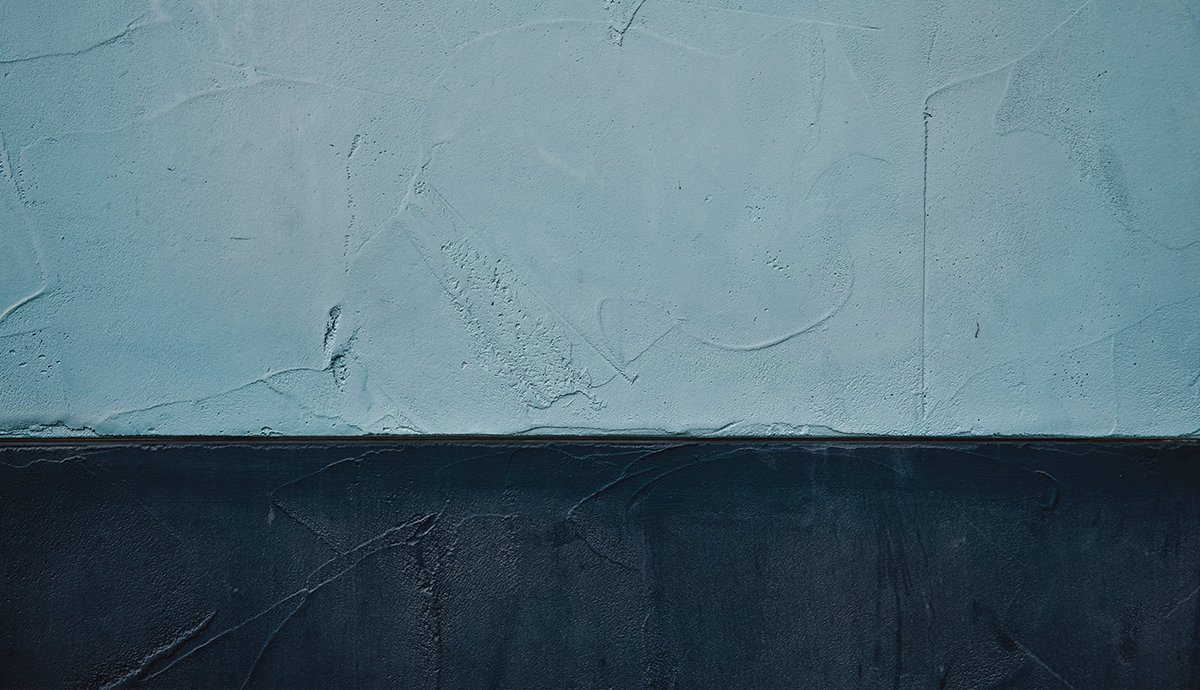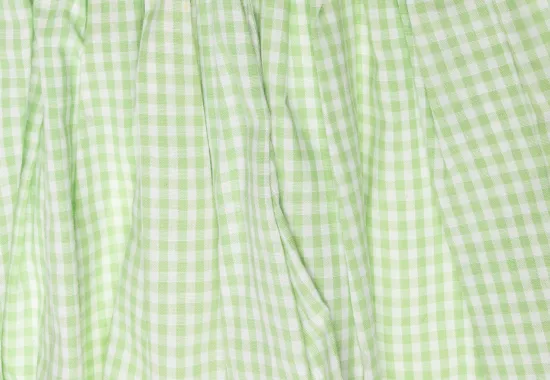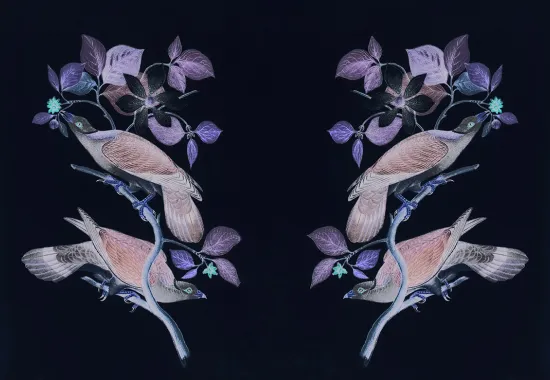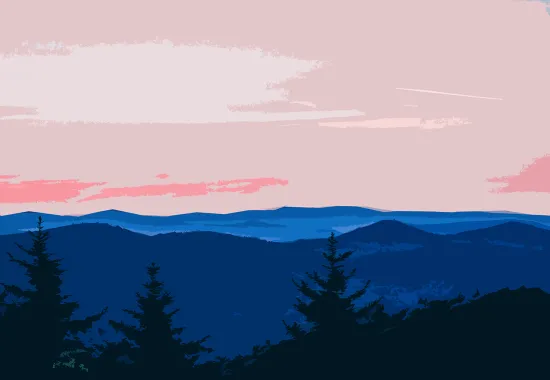On “Moss Called Pond”
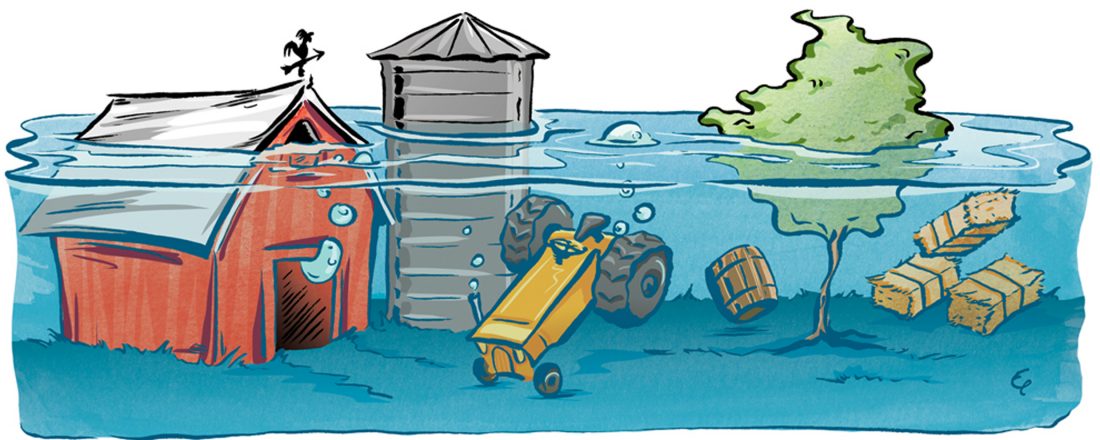
“Moss Called Pond” First Appeared In Nar Issue 301.4.
“Moss Called Pond” chronicles a conversation with water pondering, among other subjects: consumption, wonder, space, temporality, and people known only through pond, by layer and suspended sediment. So, in speaking with a small pond near where I lived, I was able to reconnect with myself daily, no matter how the day undid me. What began this poem for me was a geographical constraint, but in many ways containment is important in that it allows one to organize thought, to narrate an experience to its completion, to mark the boundaries of what really happened. The tension between containment and expansion sparked this poem. The connections between states and a line of questioning opened the lines. What shapes and contains us? What do we contain? In casting out for words, I went through several drafts, discarding page after page, until the poem settled down with these lines. Since I received the last line of the poem first, working my way back to the beginning of the first stanza was a journey. Maybe the hardest thing about writing this poem was in waiting for that line that I needed to open, tracking where the poem started. Then, finding the lines after that (which were actually the lines before it; so, it was the opposite of the experience that I was writing about, so, I was processing the experience enough to write about it, while holding off the call of that final image. Having these occur simultaneously added a pressure that was uncomfortable. It was rather like being zipped open, and sealed at the same time. The teeth were rough; they bit. There was the sensation that I was going to lose something important, that a major experience, or vital organ, would float out of my body, and I wouldn’t be able to catch it in time. Luckily, the poem coalesced in time, and the danger of loss lessened.
In examining how we are boundaried, from the national to the personal, questions about markers and marked emerged. For example, in claiming a body of water, one side of the riverbank can be the United States, the other side is Canada, while a few miles away, it is Red Lake Nation, or Siene River First Nation, when, in reality, we are owned by water. Attempting to be language, it follows similar constraints as naming territory. Another aspect is where the language or the border leads us. When the boundary is water, relationships are revealed in a myriad of ways. When we are in right relationship with water, there is safety. The mind stills near water.
Water is vital. We are all connected to and with water. Water allows one to erase, to start over, to locate the body in the middle of loss and breathe again. Water grants breath because the lack of oxygen when immersed commands the body to (opposite of submerge) and gulp air at the surface. Air is one thing that water cannot give a person, so one is forced to seek air out. In being forced to experience what water is not, we are left with what water is. Water is us. Water is in our composition, and we respond to water. Water causes us to experience a certain type of polarity that further defines us. Water restores. Water can change how one experiences time. I was able to button myself up enough to walk out of that pond, out into the world.
Moss Called Pond
This is not a book of brackish
water. Before lichen, I was pond.
Located far, but not so distant, from here.
If you walked west fifteen
days or drove three hours you’d find them.
They’d shadow you, on the prairie. The tall
bloated matchsticks, straight nuclear silos in the middle
of the wheat fields. Mnemosyne, large rockets full,
not of grain, but of uranium or something sequestered
deep inside the earth. Nothing that is gathered from the skirt
and those silos are meant to destroy, squat in the belly of
North America on the flat fields of wheat, oat, flax
and rye. They wait all through hot summer, sentinels of fear.
Uncracked by winter, unvisited by trumpeter swans; here, in this deep
pool of water, all that is far away. Dense woods right and left. Moss top.
Mud bottom. Here we swing and are shattered. Here we have companions, water.
Here we have screens. Here we are buttoned. Here we have proof of sleep. Here we snore.
Recommended
The Shirt
After Hearing David Rothenberg Sang with Birds
Frothing Pink Poodle Droppings


